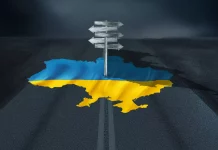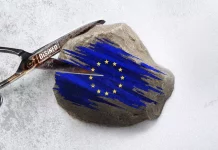The DGAP‘s series continues with an examination of Budapest’s ties to Moscow, Dániel Hegedüs wrote.
Russia’s relations with Hungary are unique within the EU. Close ties to Viktor Orbán’s Fidesz party spell unprecedented access to the government of an EU member state—a degree of access that is qualitatively higher than what is offered by its links to Euroskeptic right-wing parties (such as Hungary’s Jobbik). Moscow values this government’s destabilizing potential at the EU and NATO levels. In return for services rendered, Hungary’s current leaders can reap the benefits of economic cooperation.
This text continues a series of articles examining Russia’s use of instruments of hybrid warfare since its annexation of Crimea.
In recent years Hungary, led by Viktor Orbán of the Fidesz party, has become one of the EU’s most controversial member states. Although various factors have brought about this development, the pro-Russian stance of the country’s key political actors has contributed significantly to its European partners’ concerns. Hungary’s gradual turn to Russia can be traced back to November 2010, when the newly elected Prime Minister Orbán made his first visit to Moscow. It has taken on new qualities since the Ukraine crisis, with Hungary’s special ties to the Russian Federation arousing particular discomfort within the Western alliance. Several aspects of Russian influence in Hungary, especially strong ideological and political links between Moscow and the Hungarian far right, have been analyzed intensively by investigative journalists and think tanks. This paper undertakes a comprehensive review of several heretofore overlooked dimensions of the Russian penetration of Hungarian politics and concludes that the pro-Russian stance is spearheaded by the political and business elite. As such, it lacks fundamental popular support and runs at least partially counter to public opinion. Such Russian measures as propaganda and “media warfare” to influence broader public opinion therefore have rather limited impact in Hungary. For their part, well entrenched national players like Fidesz and the right-wing Jobbik party are crucial in channeling and implementing Russian interests.
Read the full article here.
By Dániel Hegedüs, DGAP




